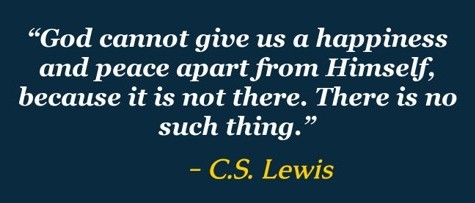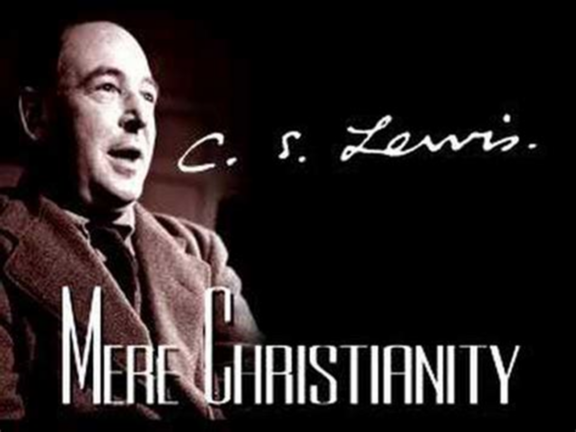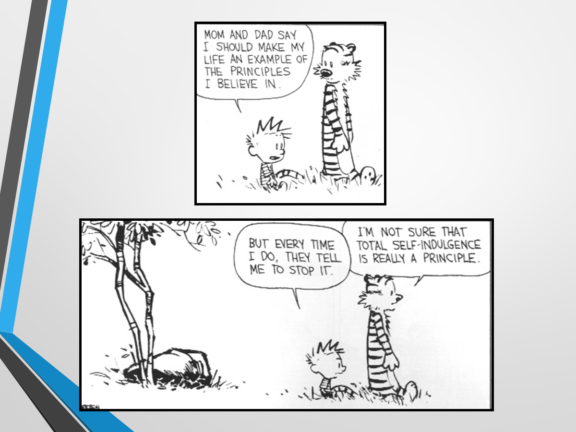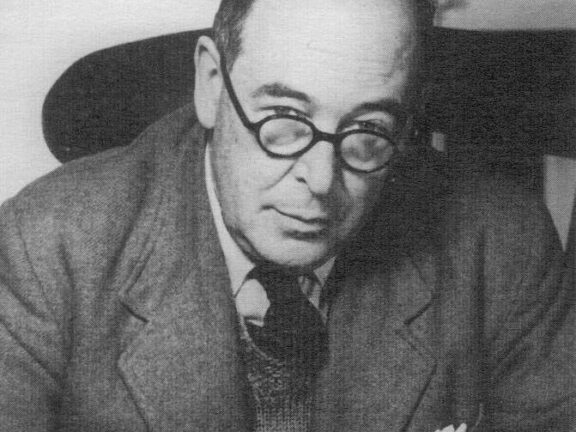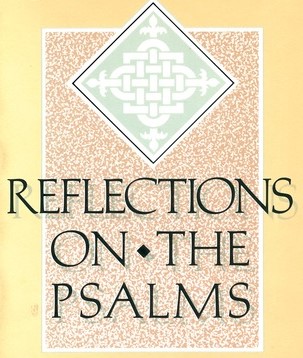Arguing with God
“God created things which had free will. That means creatures which can go either wrong or right,” C.S. Lewis states in “The Shocking Alternative” chapter of Mere Christianity. He continues, “Some people think they can imagine a creature which was free but had no possibility of going wrong; I cannot. If a thing is free to be good it is also free to be bad.” This, of course, leads to the question of why God made such a choice in… Read more »

